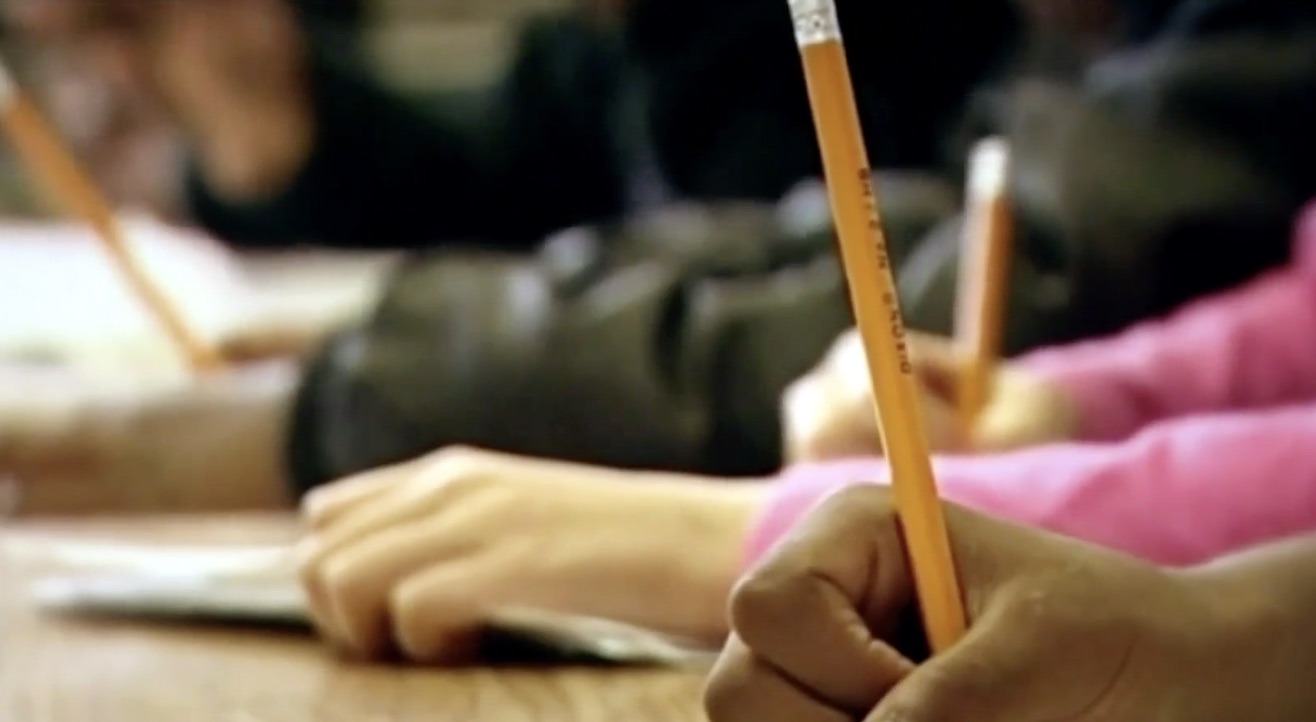Many Massachusetts parents and K-12 view the latest guidance from the Department of Elementary and Secondary Education as a return to normalcy.
"Finally, it's been so long," said Grafton parent Caroline Salvador.
DESE says starting in the fall, all schools are required to be in-person five days a week, and the agency has lifted COVID-19 health and safety requirements like social distancing.
"I'm all for that, I think it's important for the kids to get back to – kind of get back to normal," said Berlin-Boylston parent Stephanie Comeau.
Get New England news, weather forecasts and entertainment stories to your inbox. Sign up for NECN newsletters.
"It's inconvenient to try to be distant from everybody while you're trying to learn stuff in the classroom, all the desks are far apart too, so it’ll be nice to not have to do that anymore," said her 13-year-old son, Ben Comeau.
More on the coronavirus pandemic in Massachusetts
But some parents, especially in larger, more crowded school districts like Worcester, have mixed feelings on the changes.
"It's kind of a little worrying, but at the same time, it's good for all the kids that were stuck home all year like my son," said Worcester parent Cindy Rodriguez.
"Elementary kids, I feel like they should still have masks on, because they can't get vaccinated yet and they're still young, they can still spread it to the elderly," added Kassee Cesaitis, another parent from Worcester.
DESE said conversations about whether elementary school students should wear masks will continue with the Department of Public Health. But as of right now, the plan is to lift masking requirements for middle and high school students in the fall.
"Vaccination rates in 12- to 16-year-olds is still low, and our children under 12 are not yet eligible for the vaccine, so we need more time to see how the circumstances change closer to September," said Massachusetts Teachers Association President Merrie Najimy.
Najimy says the MTA believes these decisions should be made at the local level where school boards and superintendents can tailor mitigation strategies to each district's needs.
"We must get our students back to in-person learning, there is no doubt," said Najimy. "But to do this right, the state has an obligation to be responsive to our hardest-hit communities of color."
DESE says it will provide any updates on this guidance to schools as needed over the summer.



